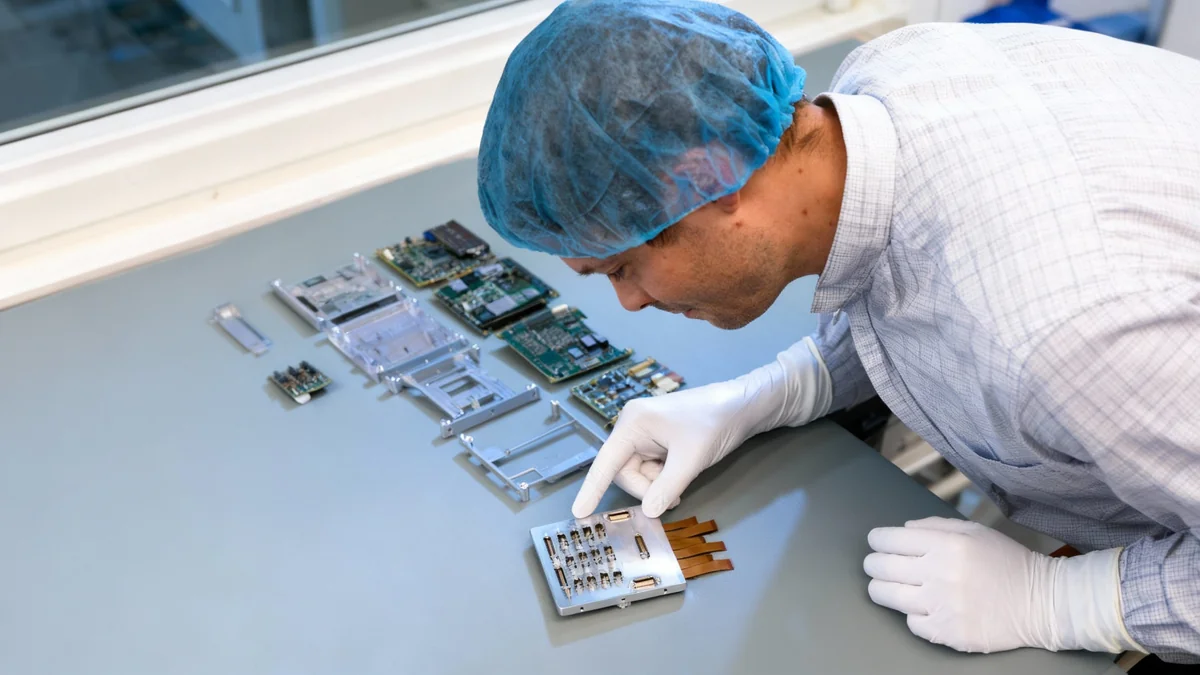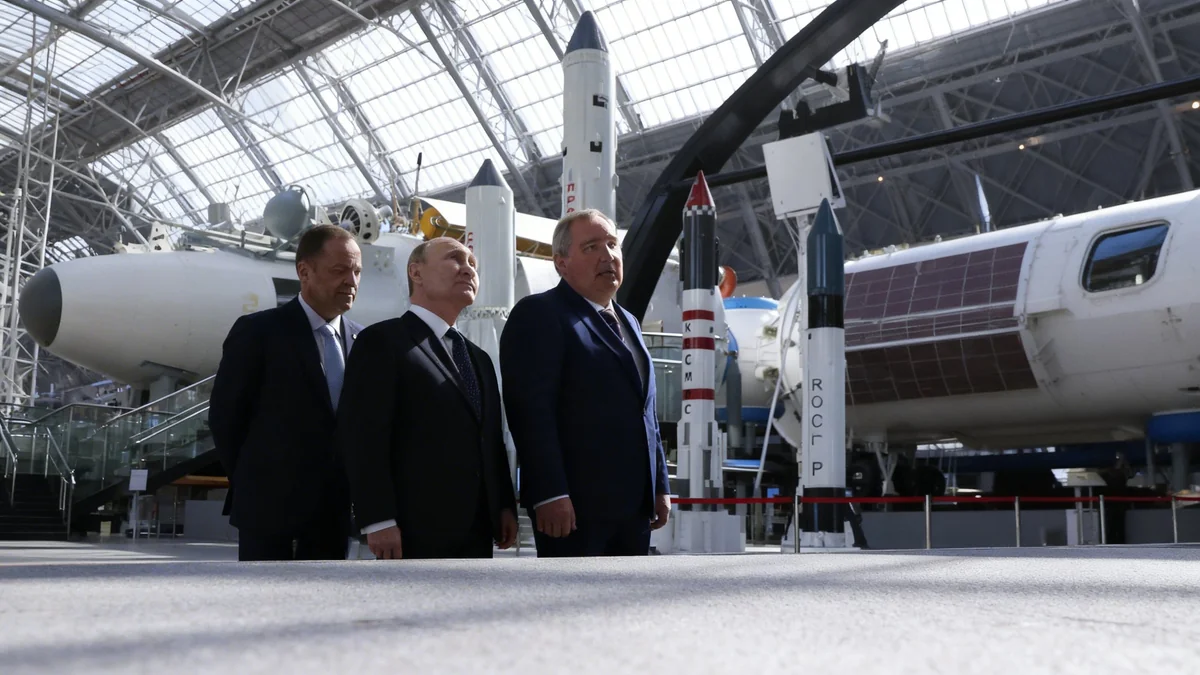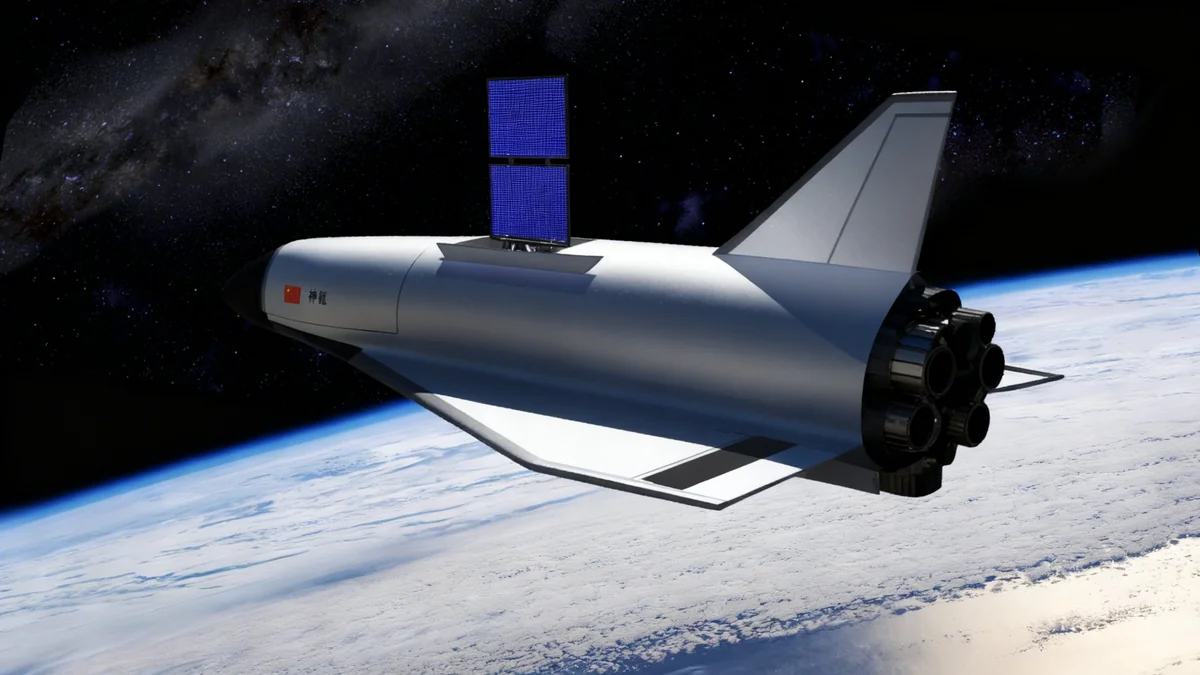Swedish space computing firm Unibap Space Solutions has entered into a strategic collaboration with Italian aerospace and defense company Leonardo. The partnership aims to develop next-generation intelligence, surveillance, and reconnaissance (ISR) systems for space-based applications, focusing on real-time data processing in orbit.
The agreement initiates a joint technical study to integrate Unibap’s high-performance edge computing technology into Leonardo's future Earth observation satellite infrastructures. This move signals a significant step toward creating more autonomous and responsive intelligence-gathering capabilities for European space assets.
Key Takeaways
- Unibap and Leonardo are collaborating on space-based intelligence, surveillance, and reconnaissance (ISR) systems.
- The partnership will focus on integrating Unibap's edge computing hardware into Leonardo's planned Earth observation satellites.
- The goal is to enable autonomous, real-time data processing and intelligence delivery directly from space.
- This collaboration aims to bolster Europe's strategic capabilities in the space and defense sectors.
A Strategic Alliance in Orbit
The collaboration between the two European companies is centered on a joint technical study. This study will lay the groundwork for embedding Unibap’s specialized onboard computing and data storage solutions within Leonardo's upcoming satellite constellations. The primary objective is to create a seamless system that can process vast amounts of data directly on the satellite.
Leonardo is currently developing a new constellation of Earth observation satellites designed to deliver high-resolution radar and optical data rapidly. By incorporating Unibap's technology, these satellites will be able to analyze information as it is collected, rather than transmitting raw data back to ground stations for processing. This shift is expected to dramatically reduce the time between data capture and actionable intelligence.
The Role of Edge Computing
Edge computing in space represents a fundamental change in how satellite data is managed. Traditionally, satellites collect raw data and send it back to Earth, a process that can be time-consuming and limited by bandwidth. Onboard edge computing allows for initial data processing, filtering, and analysis to happen directly in orbit.
This capability is crucial for ISR missions, where speed is critical. For example, a satellite could identify an object of interest, analyze its characteristics, and transmit only the relevant, processed information to decision-makers on the ground. This enhances efficiency and allows for a much faster response to developing situations.
Onboard Processing Power
Unibap specializes in high-performance computers and data storage systems that are rugged enough to withstand the harsh environment of space. Their technology enables complex algorithms, including artificial intelligence, to run directly on a satellite.
Bolstering European Defense Capabilities
Both companies have highlighted the strategic importance of this partnership for Europe. By developing sovereign capabilities for autonomous space-based intelligence, the collaboration aims to enhance the continent's position in the global defense and space landscape.
Johan Åman, the CEO of Unibap, described Leonardo as the “ideal partner” for the company's ambition to become a key provider of defense solutions. The partnership leverages Leonardo's extensive experience in space systems and services, creating a powerful synergy.
“By combining Unibap’s innovative technology with Leonardo’s expertise and know-how in space systems and services, together with Telespazio and Thales Alenia Space, we are opening a new chapter in Europe’s ability to deliver autonomous, real-time intelligence solutions from space,” commented Massimo Claudio Comparini, managing director of Leonardo’s Space Division.
Comparini’s statement underscores the broader ecosystem involved, referencing Leonardo’s joint ventures, Telespazio and Thales Alenia Space, which are key players in satellite services and manufacturing. This suggests a comprehensive approach to building out a robust European space infrastructure.
The Future of Intelligence Gathering
The joint effort between Unibap and Leonardo is part of a wider industry trend toward creating more intelligent and interconnected satellite networks. Future constellations are being designed with inter-satellite communication links, allowing them to share data and work together in orbit.
A Competitive Global Landscape
This European collaboration comes as nations and private companies worldwide are rapidly advancing their space capabilities. The ability to quickly gather and process satellite data is seen as a critical advantage for national security, environmental monitoring, and disaster response. Partnerships like this one are essential for staying competitive with major space powers in the U.S. and elsewhere.
The roadmap developed by Unibap and Leonardo will guide the integration of these advanced technologies. The successful implementation of their joint plan could lead to a new generation of satellites that are not just passive observers but active participants in the intelligence cycle.
Key areas of development include:
- Real-time Data Fusion: Combining data from multiple sensors (e.g., optical and radar) onboard the satellite for a more complete picture.
- Autonomous Tasking: Allowing satellites to identify new areas of interest and adjust their data collection priorities without direct command from the ground.
- Secure Communications: Ensuring that the processed intelligence can be delivered securely and directly to users in the field.
As the project moves from the study phase to implementation, it will be closely watched by the global space and defense industries. The success of this collaboration could set a new standard for how intelligence is gathered and utilized from orbit.





